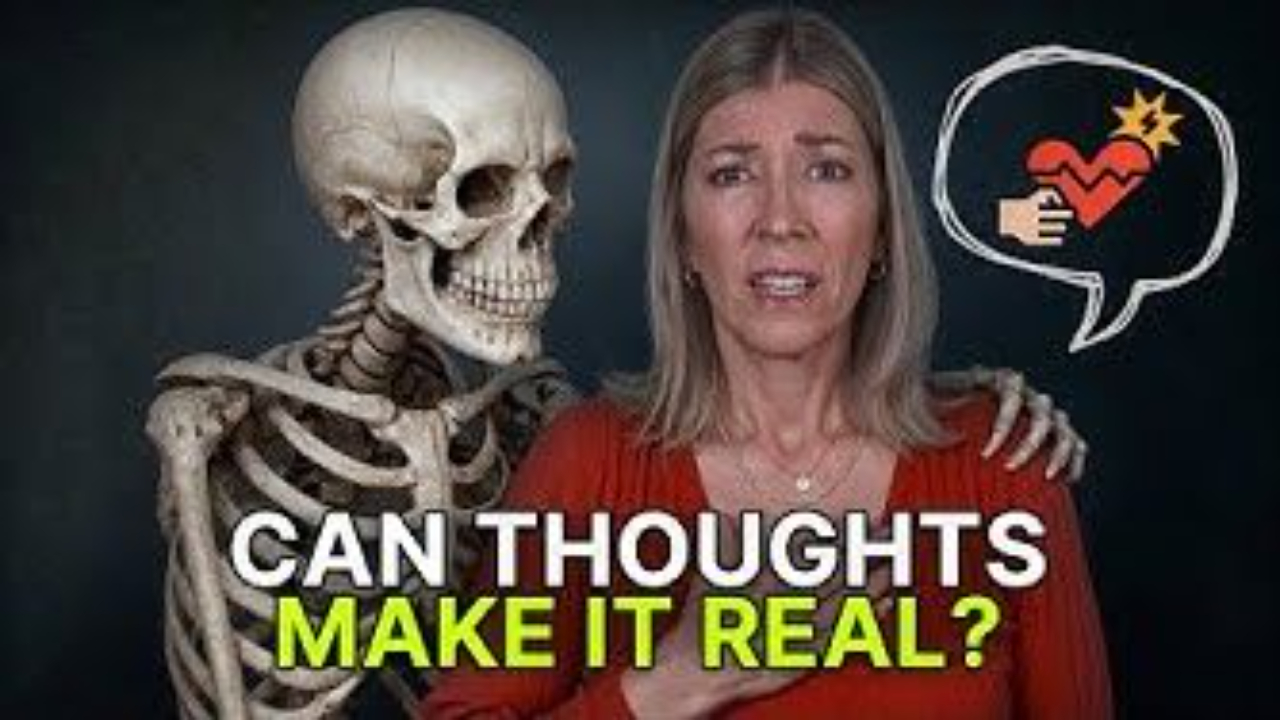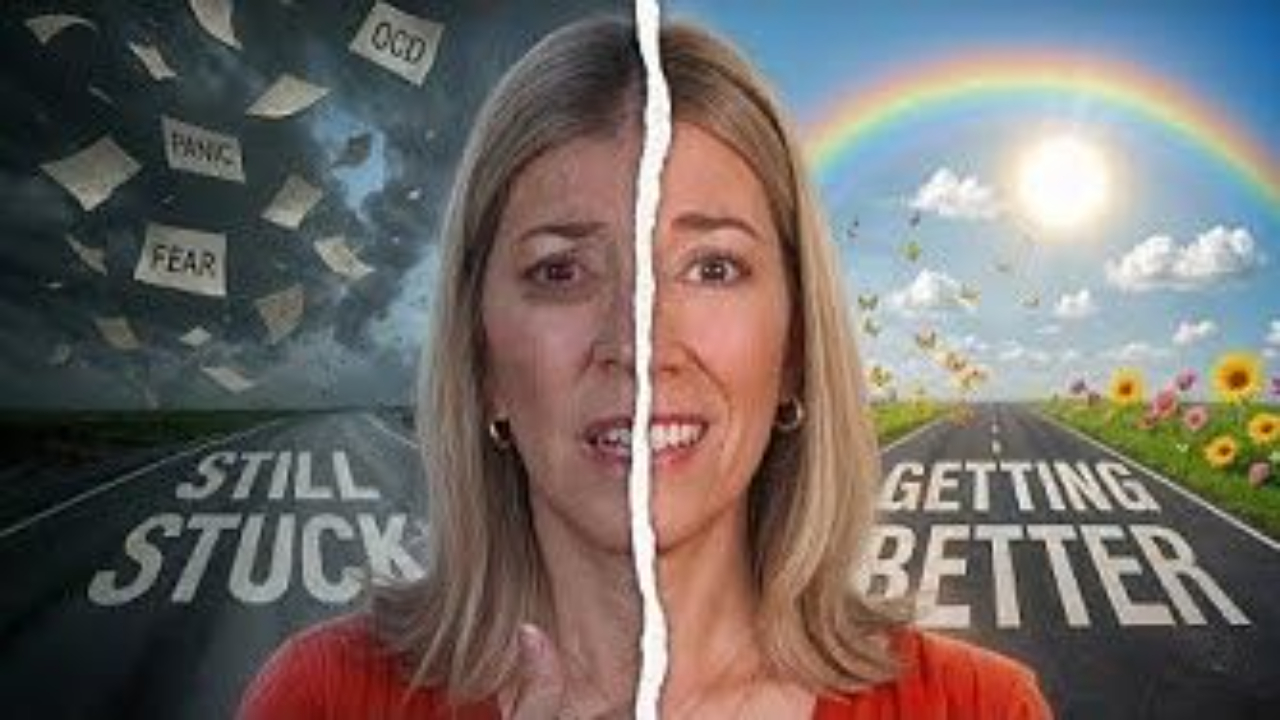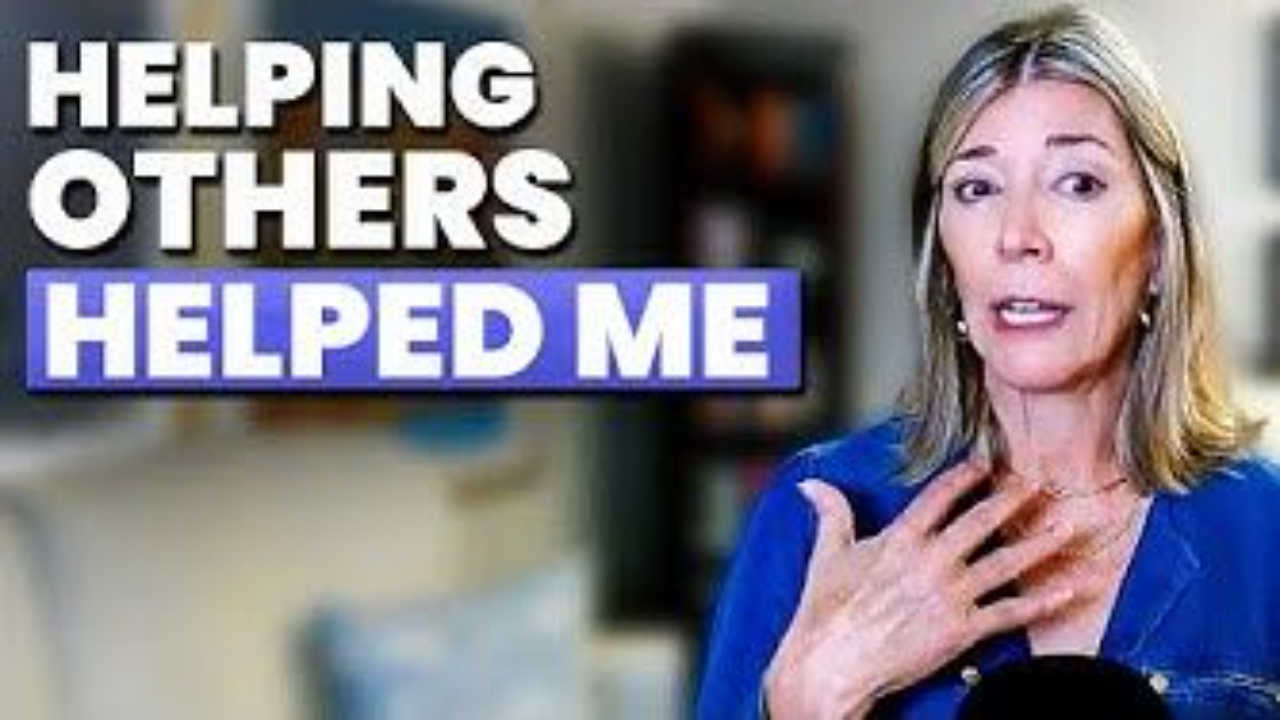
Magical Thinking OCD: When your Brain Believes Thoughts can Control Reality
Have you ever found yourself thinking, “If I say this out loud or even think it, it might actually happen”?
In a world that already feels uncertain, scary thoughts and “what ifs” can feel even more threatening. Many people are walking around on edge, worried about what bad thing might happen next. To cope, the mind starts making silent deals: “If I don’t say it... if I don’t think it... maybe I can stop it from happening.”
This is a psychological trap known as magical thinking, and while it may feel protective, it often makes anxiety worse.
What Is Magical Thinking?
Magical thinking is the belief that thoughts, words, or actions can influence events in the real world-despite no logical connection. For example:
-
“If I think about losing someone, I might make it happen.”
-
“If I don’t check the lock exactly seven times, something bad will occur.”
-
“If I say I’m feeling better, I’ll jinx it and get worse.”
While many cultures have superstitions (like knocking on wood or crossing fingers), in anxiety and Obsessive-Compulsive Disorder (OCD), these thoughts and rituals become rigid, heavy, and feel necessary rather than optional.
How Magical Thinking Traps You
Magical thinking often leads to compulsions-repetitive actions or mental habits designed to “prevent” harm. These may include:
- Repeating behaviors until they feel "just right"
- Avoiding specific numbers, words, or colors
- Confessing intrusive thoughts or seeking reassurance
- Mentally replacing “bad” thoughts with “good” ones
Initially, these actions may seem helpful. But over time, they reinforce the belief that thoughts are dangerous-and that performing certain rituals is the only way to stay safe. This strengthens the anxiety loop.
Why It Feels So Real
When life feels unpredictable, the brain naturally seeks control. It might cling to rituals or “rules” like:
- Don’t think about something bad
- Avoid saying certain things
- Wear or avoid certain colors
- Follow specific routines
These rules may provide temporary relief, but they come at a cost-increased fear, mental exhaustion, and reduced confidence in managing distress without rituals.
And society often reinforces this mindset with ideas like “think positive to attract good things” or “don’t jinx it.” But the truth is: thoughts do not control reality.

Are you struggling with OCD or Pure O? Do obsessive thoughts, rituals, and compulsions take over your life? Has it been hard to find a specialist to help you?
If you want to get your life back from OCD or Pure O,
this course is for you.
Test the Logic
Try this simple thought experiment:
Say to yourself:
"No one I love will ever get hurt. Nothing bad will ever happen to them."
Say it like you believe it.
Now ask:
Does saying it guarantee safety?
Of course not.
This is the core of magical thinking: we tend to give too much power to thoughts. But whether hopeful or fearful, thoughts are not facts. They are mental events-not predictors of the future.
How to Break Free
Overcoming magical thinking starts with one bold step:
Choosing not to follow the rule.
If the thought says, “Don’t say this,” say it anyway.
If it says, “Avoid those socks,” wear them.
Not to tempt fate-but to teach your brain that the thought was never dangerous in the first place.
This is the foundation of Exposure and Response Prevention (ERP)-a highly effective treatment for OCD. ERP involves:
- Facing the feared thought or situation
- Resisting the urge to neutralize it with a compulsion
- Allowing your brain to learn that nothing bad happens when the rule is broken
Freedom from magical thinking doesn’t mean never having intrusive thoughts. It means learning not to obey them.
Magical thinking can feel convincing-but it isn’t truth. It’s a product of anxiety trying to keep you safe in the wrong way.
Remember: Thoughts are not dangerous. They don’t control you.
If you’re ready to take the next step, learning tools like the I.A.M. Method (Identify, Allow, Move On) can help you navigate intrusive thoughts and stay grounded.
You are not alone in this. Healing starts when we stop trying to control the uncontrollable-and start living with more freedom, flexibility, and peace of mind.
Community and Ongoing Support
One of the key elements of recovery is support. Through my community, Warm Heart Hub, there is access to a supportive community of individuals on a similar journey. Through this community, you’ll have access to ongoing encouragement and direct guidance. Whether you have questions or need advice during difficult moments, the support is there.
Let's Keep in Touch
Subscribe to My Newsletter
We hate SPAM. We will never sell your information, for any reason.






